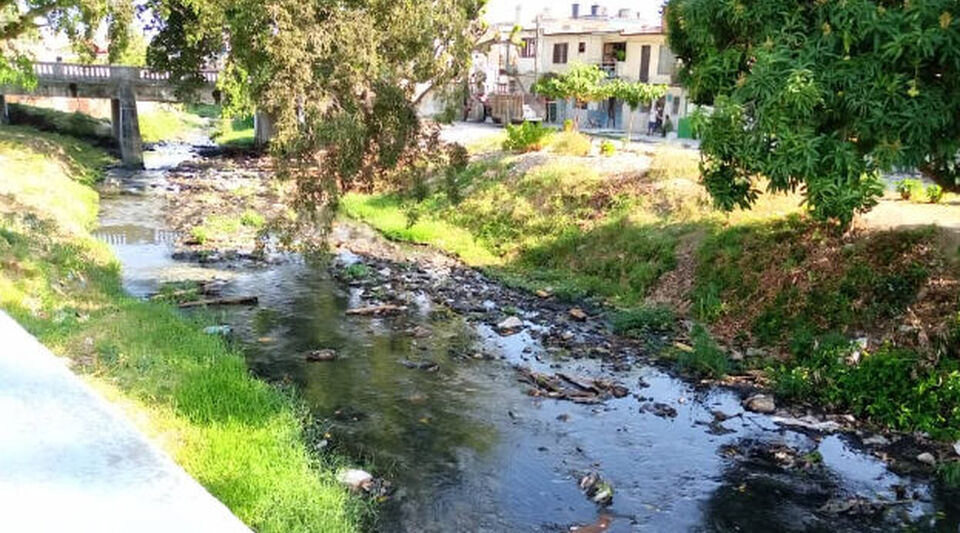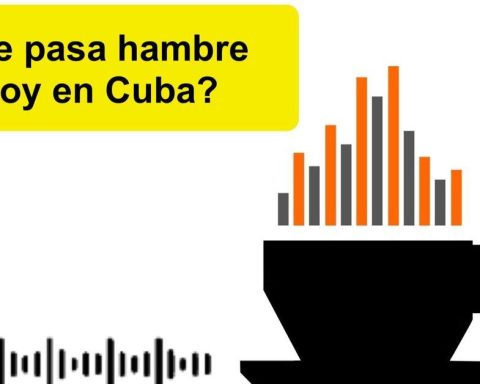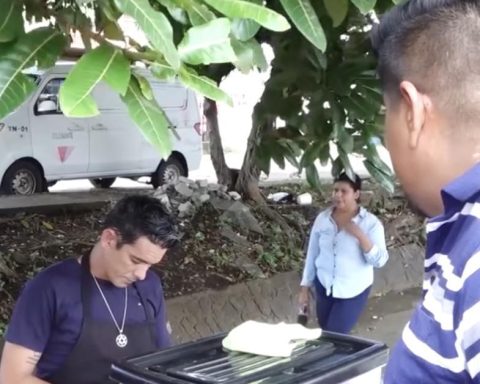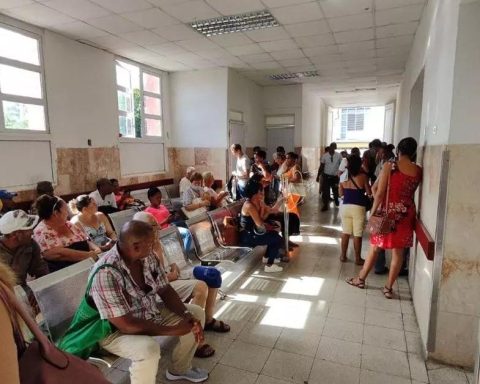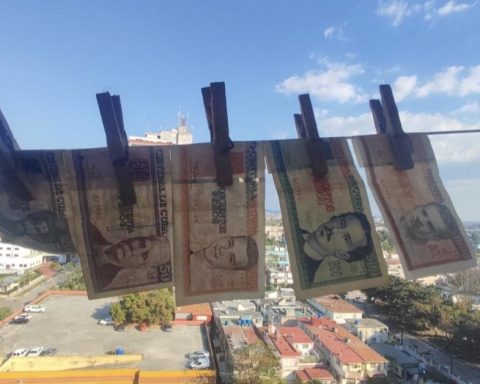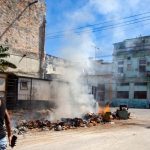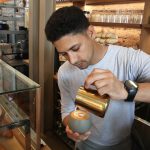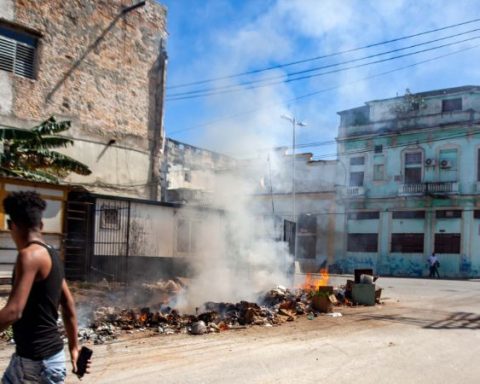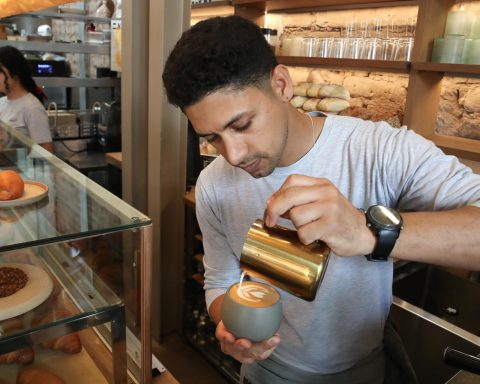The sum of the suffocating heat, the terrible diet and the shortage of medicines on the Island can only have one result: outbreaks of diarrhea. The alarms of the Ministry of Public Health have already begun to go off and although the national press does not admit the crisis, local newspapers are already discreetly publishing various tips to contain the disease.
This is the case of Cienfuegos, whose provincial newspaper warned this thursday that the key to preventing diarrhea was water. Olivia Hernández, the deputy director of Environmental Health in the province, assured that her department carries out strict daily surveillance on “the behavior of diarrhea” in the eight municipalities of Cienfuegos.
“Trying to minimize the effects” is the objective that Environmental Health has set itself, says Hernández. To this end, he says, a review of “residual chlorine” in municipal aqueducts is undertaken, in addition to carrying out “bacteriological sampling”, the results of which are analyzed by the Provincial Hygiene Center.
There are also spaces with abundant “environmental risks”, such as aqueducts, homes and garbage dumps, and numerous “leaks, constructions, micro-dumps and sanitary pits”, explained the specialist. “There is the waste that some people deposit uncovered and without respecting the hours established by the Community Services –before 6:00 am and after 6:00 pm–, which cause the proliferation of vectors towards the kitchens,” he adds. she.
Schools don’t help either, laments Hernández. That is why Environmental Health “emphasizes” the need to wash children’s hands before any activity that involves food.
there are “other methods” to clean the water “when there is no way to boil it”: putting jars of water in the sun for 24 hours. “That water will be sterile”
The doctor calls on the network of pharmacies, without whose help it will not be possible to obtain the hypochlorite on which – as has already happened during the coronavirus pandemic – the Ministry of Public Health pins all its hopes to “disinfect surfaces”. Although she, she added, there are “other methods” to clean the water “when there is no way to boil it”: putting jars of water in the sun for 24 hours. “That water will be sterile,” promises Hernández.
As a coda to its formula against the proliferation of diarrhea, Public Health proposes “trying to bring” food that does not contain cream, meringue or sauce to summer resorts. “We must be selective when buying them on the street, looking at the origin and hygiene of the people”, is his last recommendation.
Among the residents of the Veguita del Galo neighborhood, in Santiago de Cuba, cases of diarrhea have not stopped appearing after the intense rains at the beginning of this month. “I had quite severe gastroenteritis that has left me very weak,” he tells 14ymedio Mario Luis, 67, a resident of this neighborhood in the capital of Santiago. “The cisterns and wells were contaminated by the floods and many people are now suffering from diarrhea and vomiting.”
Mario Luis adds that, to aggravate the situation, the sale of liquefied gas was delayed in the area and “families have no way to boil water to drink. They are not selling hypochlorite either.” Overcoming the discomfort and symptoms has been very difficult for this retiree because oral rehydration salts are not available in pharmacies to replace lost fluids.
“Everything here was flooded and the sewage entered the houses, patios and cisterns,” explains the man from Santiago. “We also notice that the water that comes out of the pipes is dirtier and even has a bad smell.” Added to the overflow of sewage is the abandonment of garbage collection by the authorities, a situation that in Veguita del Galo is “unsustainable,” according to Mario Luis.
________________________
Collaborate with our work:
The team of 14ymedio He is committed to doing serious journalism that reflects the reality of deep Cuba. Thank you for accompanying us on this long road. We invite you to continue supporting us, but this time becoming a member of our newspaper. Together we can continue transforming journalism in Cuba.
